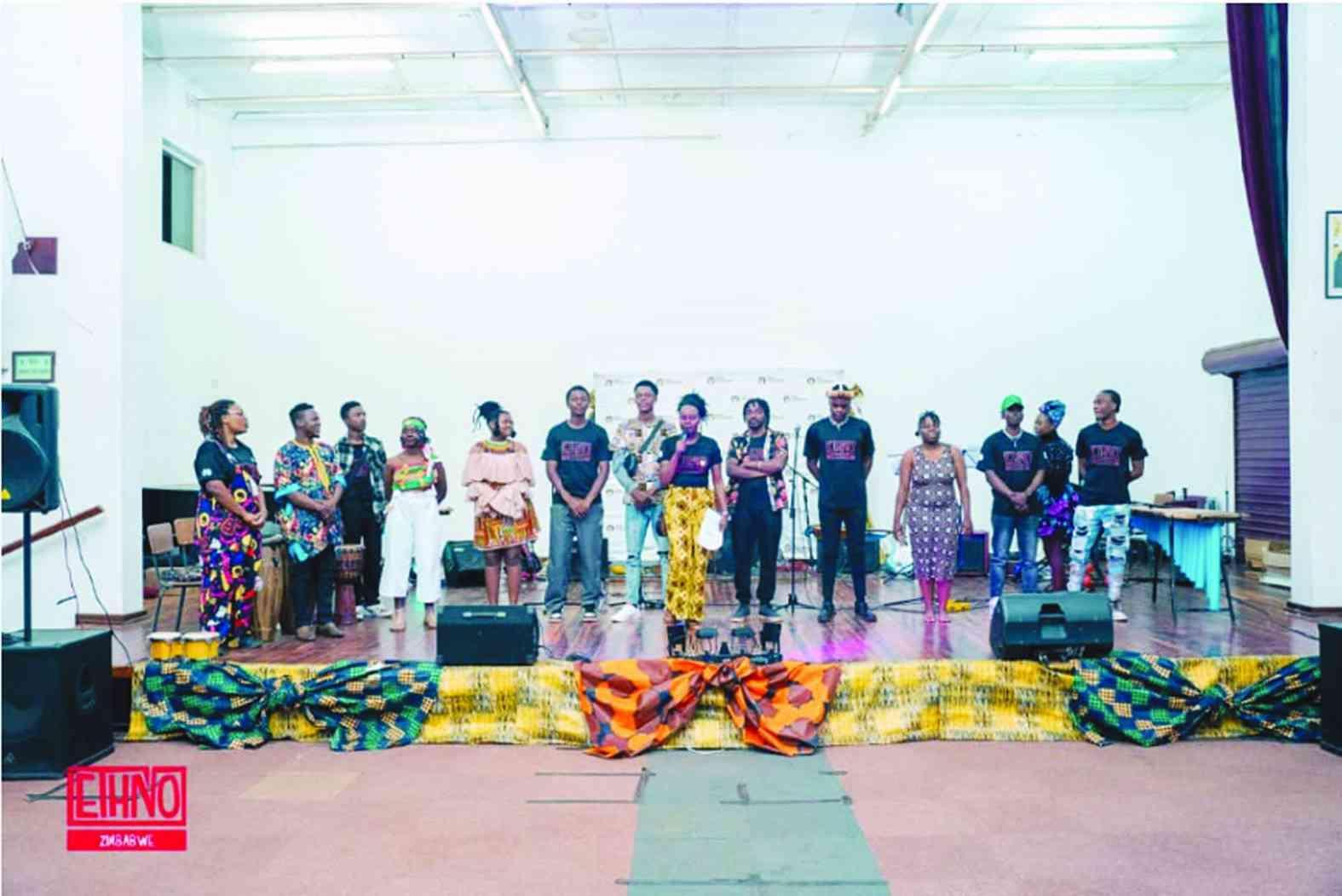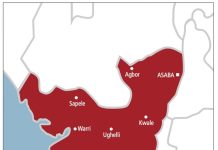Africa-Press – Zimbabwe. AS the final drumbeat echoed through the halls of Prince Edward School’s Music and Computer Centre, a wave of cultural unity and creative energy swept across the room.
Ethno Zimbabwe 2025 closed in spectacular fashion, which was not just a performance showcase, but a living, breathing tapestry of global tradition, rhythm and resistance.
Graced by 16 passionate artists, including facilitators like Mary Anibal and Tatenda Chioniso Rushwaya, the 2025 edition featured stirring performances that sparked joy and unity.
From the haunting folk melodies of mbirimo to the celebratory communal rhythms of the muchongoyo and mhande medleys, the event transcended borders and generations.
As Ethno Zimbabwe organiser Colleen Tom said the next edition promised to be even bigger, welcoming more cultural representations and weaving a richer, more inclusive sonic story.
Speaking to NewsDay Life & Style at Prince Edward School in Harare, Tom said: “Ethno is about community spirit and not for personal, political or financial gain. We aim to respect all musicians, music cultures and styles and strive to give everyone an equal opportunity to participate and share their music and culture.
“We aim to be inclusive and welcome everyone that is eligible to participate, regardless of race, ethnicity, religious views, political views, gender orientation, sexual orientation, marital status, age, physical ability, physical appearance, skill level or experience. Eligibility requirements are announced prior to the start of the Ethno activity.”
Ethnomusicology, the study of music within its cultural context, lies at the heart of what events like Ethno Zimbabwe embody.
It explores how music reflects and shapes the identity, rituals, struggles, and joys of a people.
Ethno Zimbabwe goes beyond performance, it is an immersive boot camp where artistes from diverse backgrounds come together to teach, learn and create in a way that preserves tradition while fostering innovation.
With participants hailing from different corners of the world, this cultural exchange provides a powerful platform for inclusivity, healing and global solidarity through the universal language of music.
Just a briefing on the performances, “Hodi” means excuse me in Mozambican languages, such as tshangani and tonga.
The song was done in marrabenta music style and the song Shingayi, which was performed by Simangaliso Mutize, was taken from a folk song called Mbirimo.
Tondobayana is a folk song from the zezuru tribe of Zimbabwe and is about a people who are tired of discrimination and want to fight back.
Nyawolami (my leg) is a Ndebele isitshikitsha style song and is performed at family and community celebrations.
The dance medley had muyemeso, a muchongoyo war chant, mhande, chinyambera and hosana.
The exciting choreographies and movements prompted the audiences to join the stage dance floor and that marked the pinnacle and end of the show.
Prudence Katomeni-Mbofana, the director for Music Crossroads Academy, thanked the participants for their hard work as they managed to exchange notes on drumming, song writing, mbira, dance and several other enriching elements of culture.
“They came with their own beats, but left with a shared heartbeat,” Katomeni-Mbofana said.
The 2025 Ethno Zimbabwe participants included Mary Anibal (facilitator), Simangaliso Mutize, Blessmore Vanissa Tombe, Tafadzwa Nekati, Evelyn Singizi, Nyashadzashe Gurira, Polite Mwanangeni , Anesu Ndoro, Steve Munyairi, Tatenda Chioniso Rushwaya (facilitator) , Mirriam PG, Chris Bahizi, Ted Wengoma (facilitator), Nokutenda Kutirai, Josué Doce (Mozambique) and Malvin Mukege.
For More News And Analysis About Zimbabwe Follow Africa-Press






